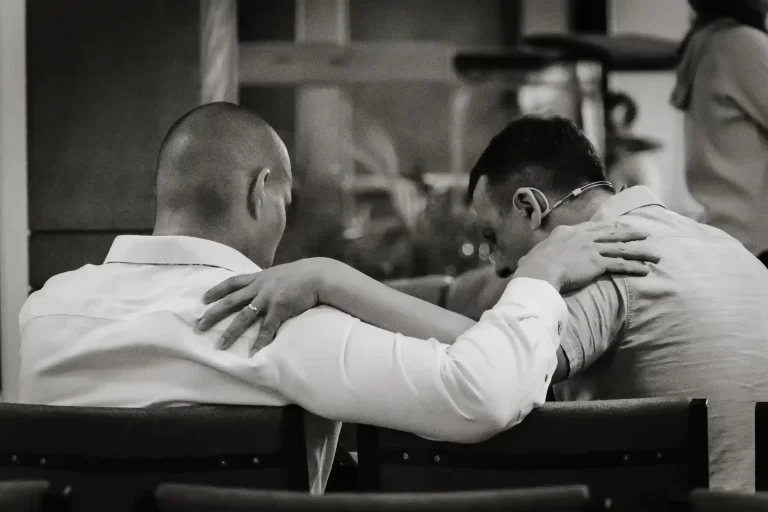
Left on Read
“He r-bombed you?!”
“What does that mean?”
“He left you on read.”
Most social networking platforms share at least one thing in common; they inform you when your messages have been seen. On Facebook Messenger, little profile icons drop to the bottom of your chat. Instagram provides a bit more detail with “seen 2m ago.” But most specific, and borderline invasive, is iMessage which not only confirms that your messages have been seen, but at exactly what time (“Read at 1:34 pm”).
It’s from here that we get the expression ‘left on read.’
If you’ve ever been ‘left on read’ you know the feeling. Whether you sent a funny meme, a serious message, or a picture of your newest plant, it never feels good to be left on read. At best, you reason that something must have come up. At worst, you begin to overthink the ‘silence,’ anxiously awaiting a response. Was it something I said? Are they annoyed? Did I upset them? I was once ‘left on read’ for seven months. To forget a text message is fair; it happens.
But how could you forget about me?!
To be ‘left on read’ can be a frustrating experience, especially when I’m waiting on answers. However, it’s agonizing when I feel insecure about my relationship with the one I’ve been texting. I quickly put up walls, resolving not to text them again until they message back. The conversational door might have been shut when I was left on read, but now I’ve taken an extra step and locked it too.
And yet, despite my own frustration, I am guilty of leaving people on read. Sometimes, I don’t have the energy to respond or to engage in conversation. On occasion, I open a message, get distracted, and forget about it. But more often than not, I need time to process and mull over my response. There’s a reason that my read receipts are turned off!

This summer, our teaching series at FAC is called ‘Left on Read‘. It’s about—you guessed it!—leaving God’s Word on read, particularly His Word to us through the apostle Paul. Author of thirteen of the New Testament’s twenty-one letters, Paul is a significant figure in church history. A missionary, a theologian, and perhaps most significantly, a pastor, Paul had a lot to say to the early Church, birthed only decades before he penned these letters. Inspired by the Spirit, these letters—once written to specific individuals and faith communities—continue to be the Lord’s vessels of communication to His Church.
However, sometimes it seems that we treat Paul’s letters more like billboards than the inspired Word of God. We read them, recall a pithy statement or two, and continue driving on by. It’s true; Paul has a number of great one-liners. I immediately think of Philippians 4:13, “I can do all things through him who strengthens me” (NRSVue). But removed from its historical and literary context, we miss the richness of this statement and risk twisting it to our own advantage.
If I’m honest, I find Paul’s letters challenging. The concepts are difficult. The language and imagery are unfamiliar. The conversations are one-sided. But here’s what I find encouraging.
When Paul wrote these letters, his intent was not to write complex theological treatises that speak only to the academic. His intent was to encourage, inform, rebuke, correct, and offer practical instruction to the Church. By their very nature, Paul’s letters invite both inward and outward response to the Good News of Christ Jesus.
Paul didn’t write to be ‘left on read’. He expected the recipients of his letters to hear and heed to his words, words inspired by the Spirit of God.
FAC family, would you join us as we make space to open these messages, read them, sit with them, and in turn, respond to them? It’s going to be a great summer.
Written by Morgan Clark, Student Ministries Pastor. Catch this summer’s series, “Left on Read” at any one of the FAC campuses.



